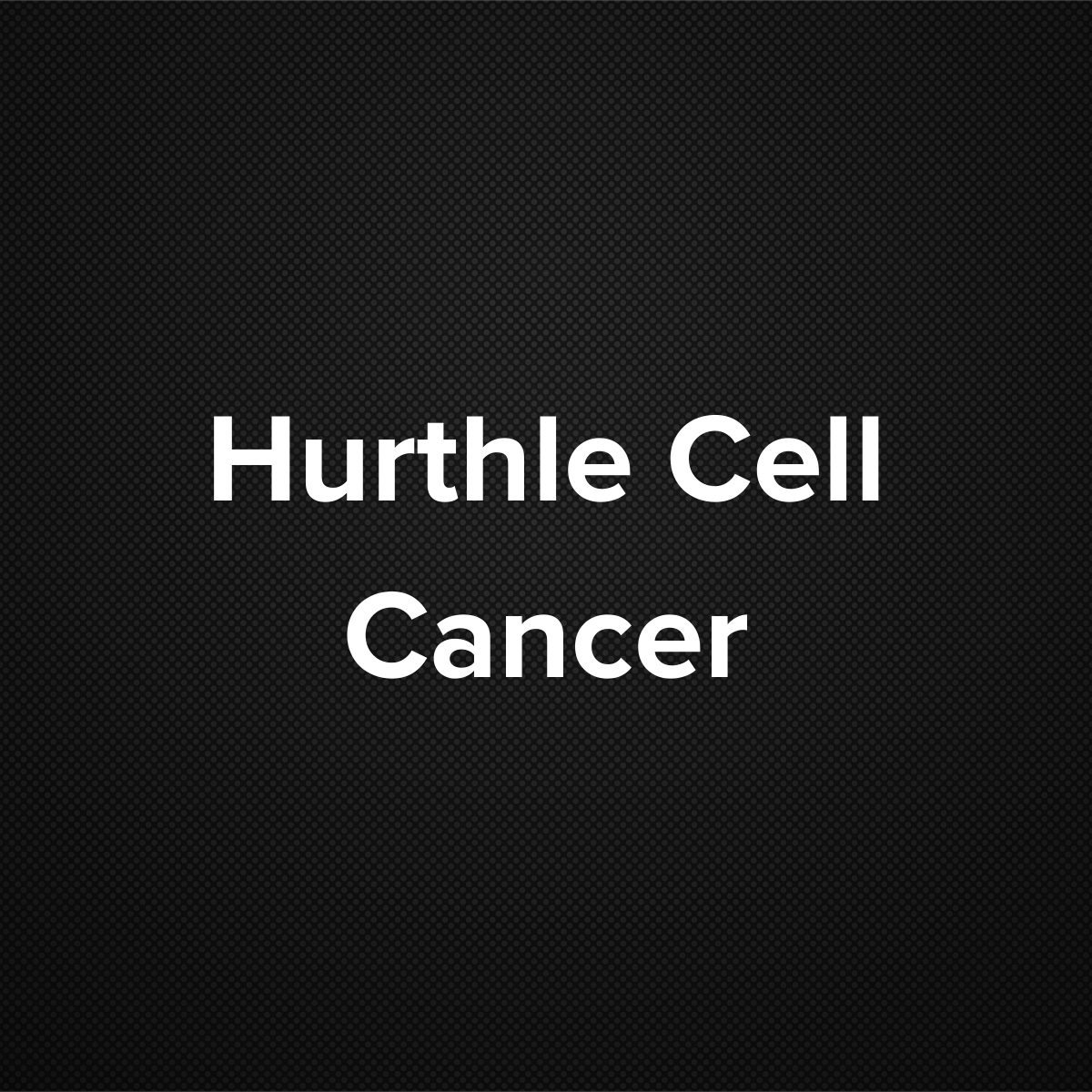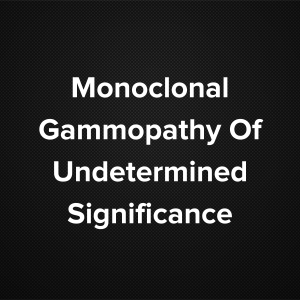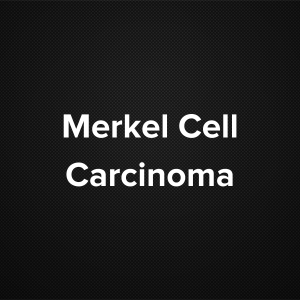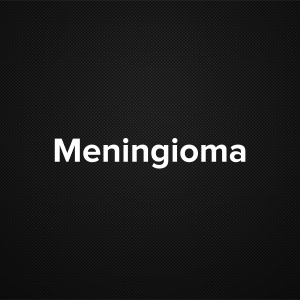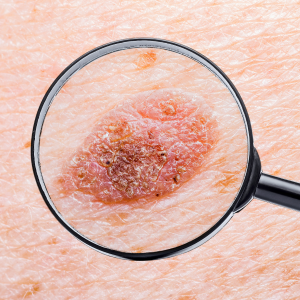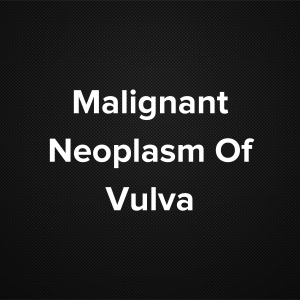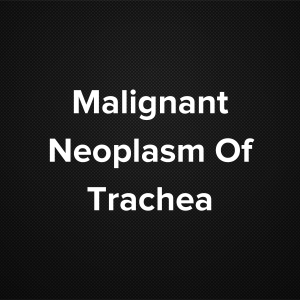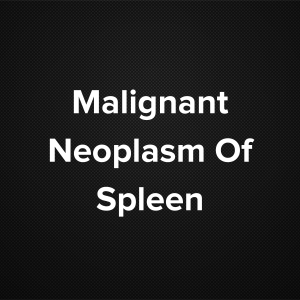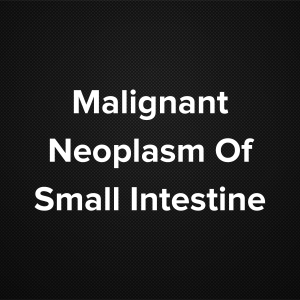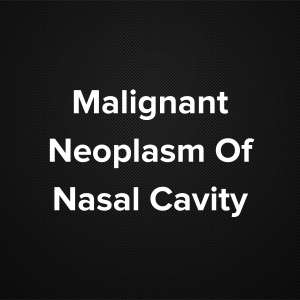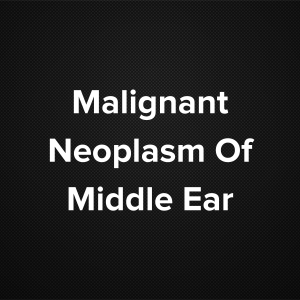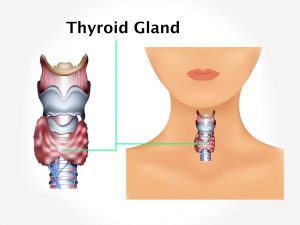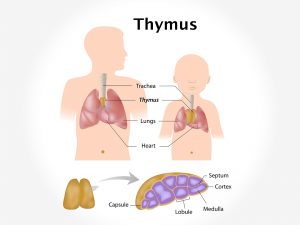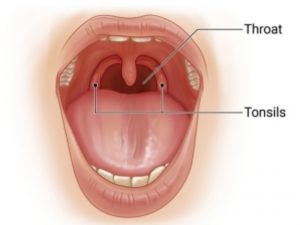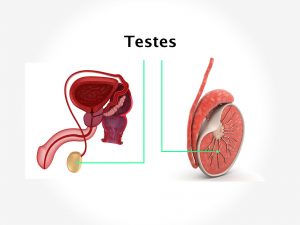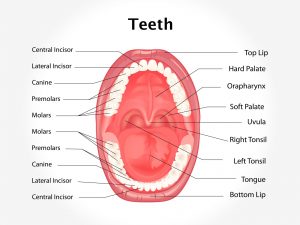Causes and risk factors
Exact cause of Hurthle cell cancer is not known. It is often associated with Hashimoto’s thyroiditis. It is caused due to mutations in the DNA. Errors in DNA cause cell to continue to divide and multiply. This leads to accumulation of hurthle cells in the gland. Being a female, old age, having history of radiation treatment to head and neck , family history of cancer are the risk factors responsible for development of Hurthle cell cancer.
Clinical presentation
Patient of Hurthle cell cancer presents with a lump or mass in the throat, pain, difficulty in swallowing, frequent choking, coughing, hoarseness of voice, shortness of breath. Associated diseases such as grave’s disease, Hashimoto’s thyroiditis, lymphocytic thyroiditis, thyroid hyperplasia, parathyroid or follicular adenoma may be present with Hurthle cell cancer.
Investigation
Medical history by the patient and Clinical examination by the doctor helps in diagnosis. Tests include routine blood tests, thyroid function tests. Imaging techniques like CT, MRI PET scan may be used for the diagnosis of hurthle cell cancer. Thyroid tissue biopsy will confirm the diagnosis.
Treatment
Treatment involves partial or complete removal of thyroid gland i.e. thyroidectomy. Hormonal therapy for replacement of thyroid hormones is given post operation. Radioactive iodine therapy, radiation treatment will also help in managing Hurthle cell cancer. Chemotherapy in case of metastasis will contribute further to the treatment.
Other Modes of treatment
The other modes of treatment can also be effective in treating Hurthle cell cancer. Homoeopathy is a science which deals with individualization considers a person in a holistic way. This science can be helpful in combating the symptoms. Similarly the ayurvedic system of medicine which uses herbal medicines and synthetic derivates are also found to be effective in treating Hurthle cell cancer.
